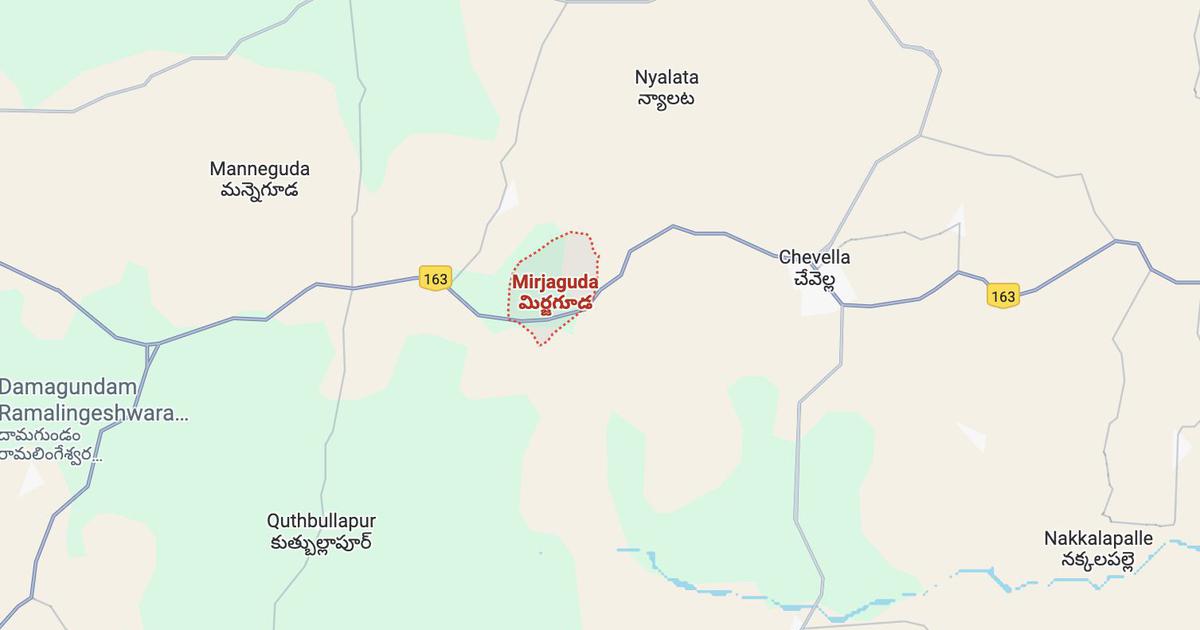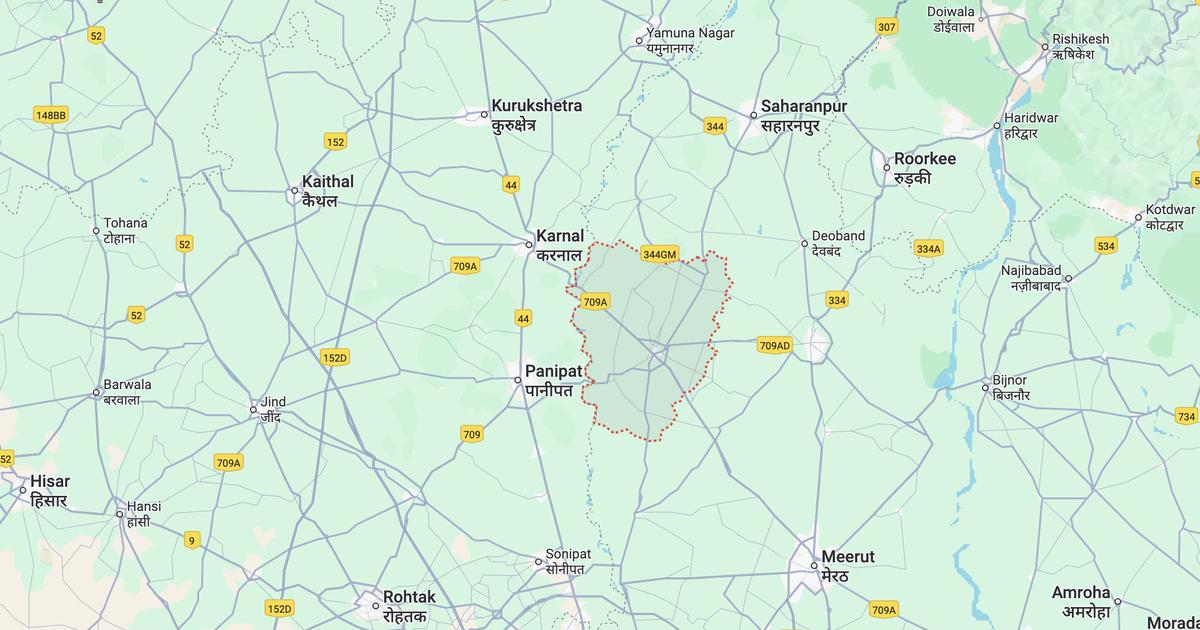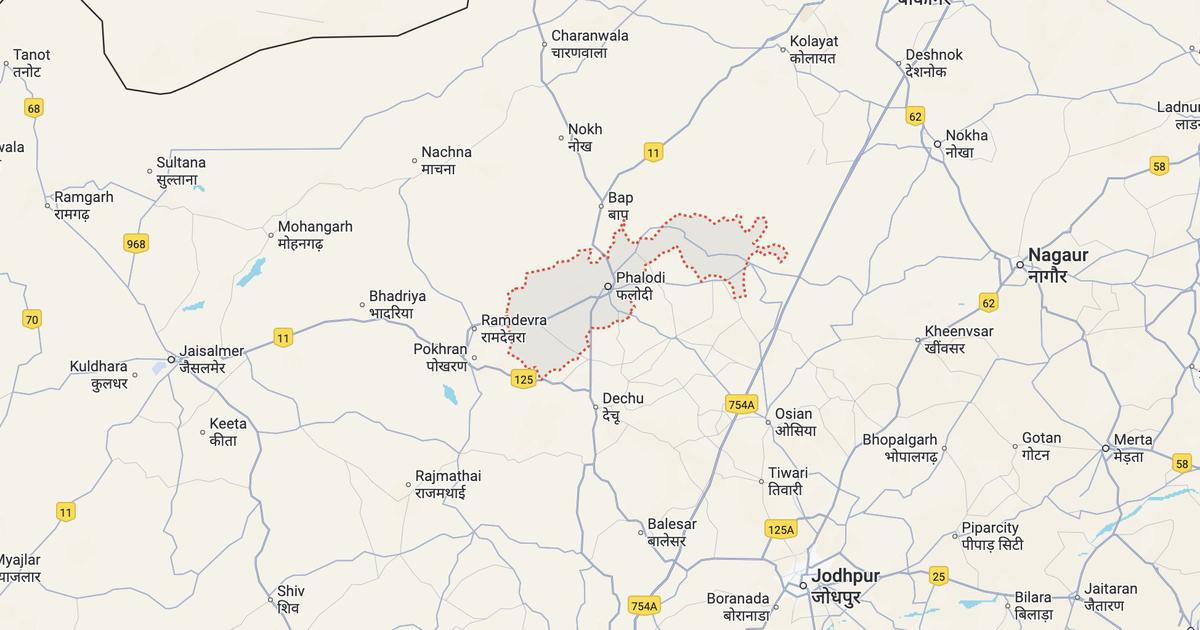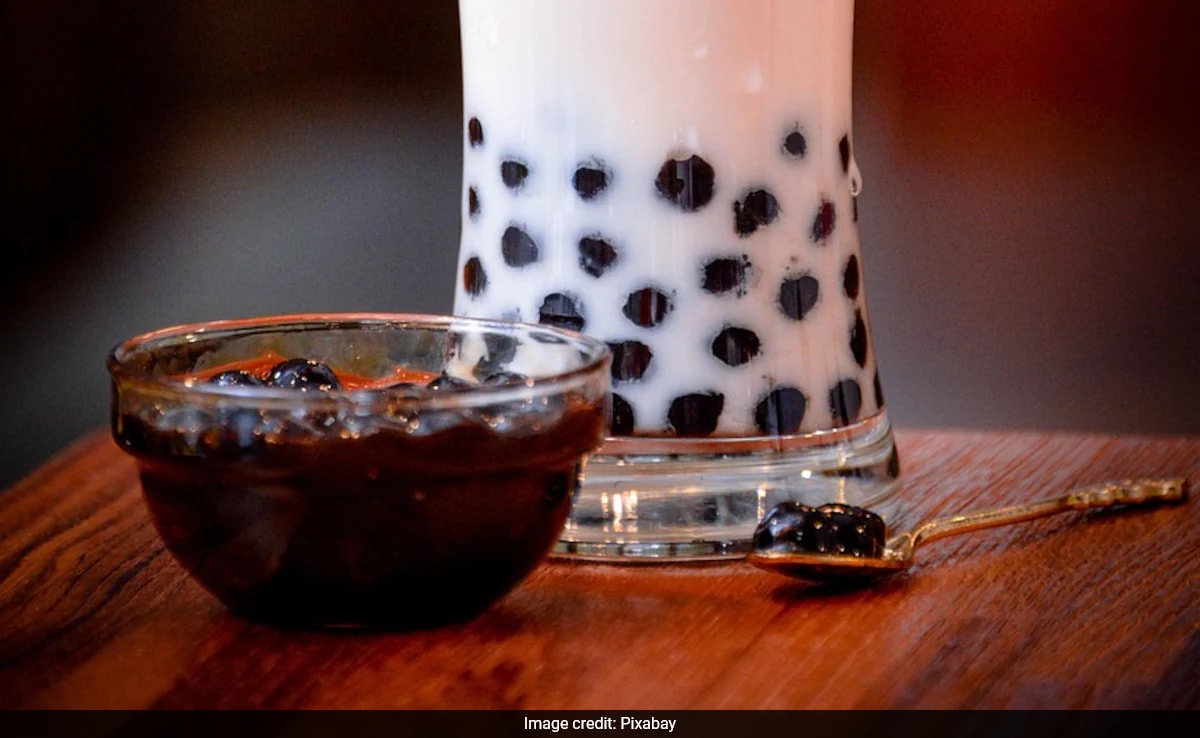Plant-based diet with less meat will be good for humans and the world, says Lancet Commission

Join our WhatsApp Community to receive travel deals, free stays, and special offers!
- Join Now -
Join our WhatsApp Community to receive travel deals, free stays, and special offers!
- Join Now -

A long-awaited expert update on the dietary changes needed to support both human and planetary health comes out clearly in favour of a plant-based approach.
The EAT-Lancet Commission says a shift towards its planetary health diet, released last week, could prevent 40,000 early deaths a day across the world and cut agricultural methane emissions by 15% by 2050.
The diet promotes more vegetables, fruits, whole grains, legumes and nuts, with only modest amounts of meat, fish, poultry and dairy.
If you imagine a plate, half would be filled with vegetables and fruit (with more vegetables than fruit). Most of the remaining half would be whole grains and plant proteins. There’s room for small amounts of animal products and healthy fats, but very little added sugar. Notably, butter doesn’t get a mention.
The most contentious aspect is the commission’s recommendation on meat: just 14 grams per day of red meat and 29 grams per day of poultry – that’s roughly one small steak, one lamb chop, or two chicken drumsticks per week.
New Zealand’s traditional diet is a long way off this recommendation. But my recent study of teenage girls across the country suggests a shift is underway, with most embracing a predominantly plant-based diet.
How we know what’s best to eat
Many factors influence food choices – hunger, emotions, health, culture, media, taste, habits...
Read more
What's Your Reaction?
 Like
0
Like
0
 Dislike
0
Dislike
0
 Love
0
Love
0
 Funny
0
Funny
0
 Angry
0
Angry
0
 Sad
0
Sad
0
 Wow
0
Wow
0






















































